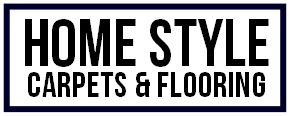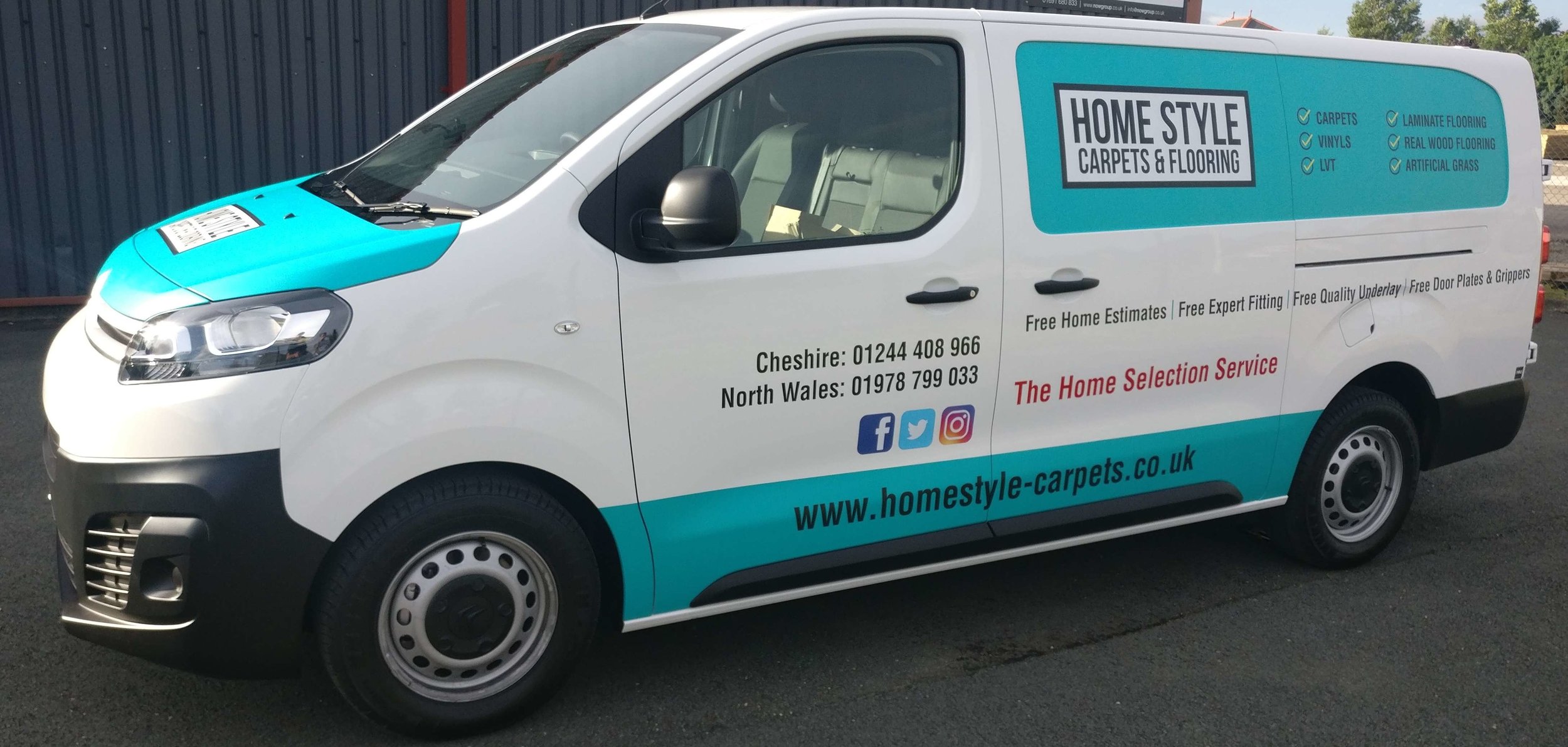Why commercial flooring strategies are changing
/Commercial flooring is no longer just about a surface to walk on; it reflects a company’s brand.
For many businesses, there is a high priority on ensuring the floors to their premises look good, in order to make a style statement. There is also an emphasis on safety and sustainability.
There is a high demand for flooring that is low-maintenance and easy to clean. Luxury vinyl tiles require minimal upkeep and are both attractive and cost-effective. Tile and modular systems make repairing damaged floors easier.
Commercial flooring expert Lauren Belskie, Marketing Operations Manager at Imperial Dade, has warned that low-maintenance flooring does not mean it is never cleaned, but that cleaning is quicker and may need to be done less often. Belskie says that appropriate maintenance strategies are likely to extend the life of flooring.
For moisture resistance and durability, as well as aesthetic appeal, natural wood and stone are popular. For chemical resistance and a seamless finish in manufacturing areas, polished concrete, epoxy or resin are ideal. Non-slip flooring, as the name suggests, reduces slip risks.
For office areas, staff tend to like flooring that is soft underfoot and that reduces noise. Carpet tiles with acoustic backing fulfil these requirements,
Smart flooring is changing how work environments manage flooring. Sensors can track foot traffic and space utilisation to provide data for developing flooring care plans. They can also help predict when the flooring will become worn and in need of replacement.
For more advice on commercial flooring, talk to a flooring retailer in Chester about the best flooring option for your commercial buildings.

